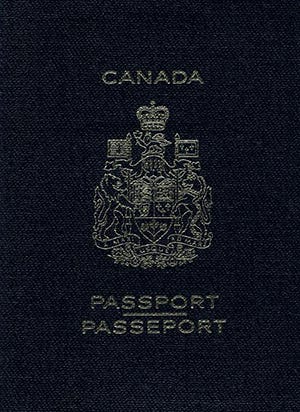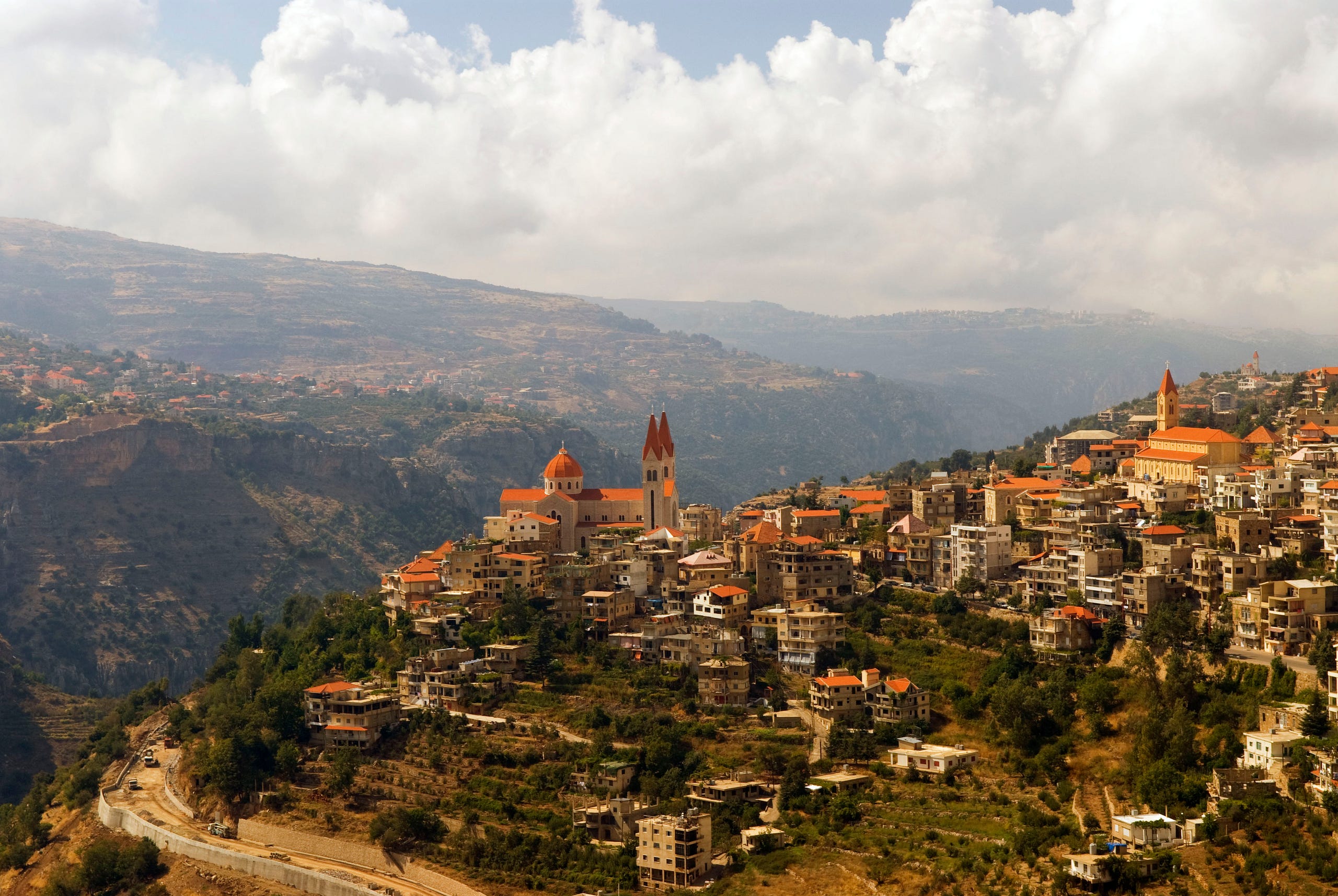The Tale of a People of Past ParticiplesPaul Doyle, 2011. http://www.bradtguides.com/articles-lebanon-peaceful-beautiful-and-cosmopolitan.html
A Conversation with Teita
Prelude
I was conversing with my teita (grandmother) not more than a week ago about the state of our nation. Not the nation of the book I carry which gives me access to different countries. The nation whose food I ate since I was a child, whose tongue I learned alongside two others, whose traditions I’ve remixed into westernized versions and whose people have been the ones I’ve cherished since I acquired my sentience.
I would like to express a few things you should keep in mind right now. The speech by teita here is translated from Arabic and is semi-fictional, sourced from multiple talks with my grandma from over the years. This article is not a love letter to Lebanon —it merely uses it as a projection of my sentiments towards the Arab nations as I am Lebanese and hence know most about Lebanon. Finally, I have never lived in Lebanon. Any inaccuracies you may feel here are fully based on my estranged experience of my own homeland.
CanadiArab

I’m an Arab like many whose parents left Lebanon many years ago because of the constant war. Seeing most of her children and grandchildren leave the war-stricken country has led my grieving teita to develop diabetes. This is the Middle Eastern condition. We have to uproot ourselves constantly in search of better futures and for some, the chance to live.
“!يا ريت عندي باسبور تاني هيك فني إترك”
“.صدقني حبيبي، أنا تركت و مافي شي هون”
“But, Lebanon is the best country in the world,” teita exclaimed at my statement of abandonment. If anyone here is from the land of the cedars, you’ll understand this sentiment very well.
She continues, “Where will you find another country where you can have both the mountains and the sea, just 30 minutes apart?” Of course at this I thought to myself, “30 minutes considering a section of the unguarded mountain road didn’t just fall off, neglected of repaired for weeks — and without military checkpoints scrutinizing you,” but I never expressed that out loud.
Instead I replied, “What about the electricity outages, lack of a steady supply of clean water, and the constant threat of war?”
“What war?!” she exclaimed whilst, in the background, a muted TV beamed images of politicians shouting at each other followed by footage of tanks treading over rubble. “These are just rumors and exaggerations.”
My frustration is one that any Middle Eastern expat has felt in the past decade. Our countries are not safe.
‘Blame PhD.’ Exclusively Awarded in the Arab World
“But teita, it’s all over the news —”
“This is the American media! They want to ruin our beautiful country.”
“Beautiful?! There’s literally a mountain of garbage outside. And the beautiful fields of orange trees that I never saw, but always hear of, are all burned and replaced with discarded cars and more garbage.”
“This is a pity. These useless men in the government are ruining the country. They burn the forests and don’t invest in the infrastructure.”
Welcome to the Middle East. All our problems are naturally America’s fault, because why not? If it’s not America, it’s our neighbouring country, if not our neighbouring country, our neighbours upstairs, if not them it’s our siblings or parents. We’ve become experts at complacency. The ability to unload any issue on the external world is a skill that could be very much related to the lack of progress in our nations. Why fix it when I didn’t break it?
“Such a shame…” teita continued, “they’re ruining what was once called the Switzerland of the Middle East.”
The Past Tense of _______
No, I was wrong. It’s not the blame game that’s the problem. That’s obviously a massive issue, but it’s not the key problem. It’s something else.
Was, were, had, made, invented, discovered.
These are all words that are used in our dialogue about our countries and at a frequency too high to be healthy. We laud our great discoveries and inventions that range from chemicals like citric acid and mercuric chloride to musical wonders like the guitar and the lute.
“Who do you think brought Algebra to the world!? Algebra is from ‘Aljabr’ — an Arabic invention!”
“How about now teita? What’s the latest breakthrough we’ve given to the world?”
“Now?!” she chuckles, “Now we’re experts in theft, lying and abuse.”
We both laugh at this, but it’s the laugh at a joke feebly said by a loved one as you stand by their deathbed. A laugh that is generated as a defense mechanism from an abject reality.
This reality is filled with a peoples that hate on one another because of differences in opinion on who should lead the country. It is filled with bloodshed over religious sects regardless of all teachings in all religions to not kill your fellow man. These same people fight to preserve their beliefs without stopping to think that, perhaps, we can work together to create a modern Arabian fusion. A world that learns the ideals created by the Western and Eastern worlds and combines it with the Arabic genes of resourcefulness and hospitality.
“Our shouting is louder than our actions,
Our swords are taller than us,
This is our tragedy.
In short
We wear the cape of civilisation
But our souls live in the stone age”
―Nizar QabbaniAlas, this is not the case. Our youth are tired and the problem at hand is far too large for our cultural limits to handle. How can one get a family, keep them safe, and still fight the gargantuan named Anachronism?
How are we, as the Arabian youth, meant to achieve anything when as a people, there is a collective agreement in the Middle East that “There will never be <insert achievement> like <insert past achievement>!”
I love you Fairuz, but you should sing about the future more.
I may be mistaken, and feel free to tweet @CharlesGedeon and give me a song that speaks highly of the Arabian future (and حلم العربي doesn’t count). The past is beautiful, and a culture with as rich a history as the Arabs should not be neglected. However, we either tend to ignore it completely or dwell on it without action.
Why does Dubai look like an American sci-fi novel? What’s Arabian about the Kingdom Tower in Saudia Arabia other than it’s size which cor
relates directly to our ego? Why does Lebanon look like the world’s largest trash? Why is the Arab Spring about Arabs killing each other?!
Why is it that our vision for the future is either one of the westerners, or one of annihilating each other because we don’t agree on trivialities?
It is impossible to progress if as a people, we are never able to live up to the massive light of our past successes, and never able to defeat the massive shadow of our past evils.
We the youth tire of this and we leave because we seek a future. By our acts of desertion however, we are leaving behind a playground for those whose vision goes through a rearview mirror their whole life.
We are a people of a past participles. We glorify our beautiful history, yet we don’t bring it forward and use its lessons to empower our youth and decorate our future.
We are a people of a past participles. We remember all our hatred for each other and seek vengeance across generations.
We are a people of a past participles. We see that we have failed before and are so busy looking behind us that we do not believe there is a chance for a better future.
We are a people of past participles, and if you enjoy this, perhaps you should rethink your position in time.
If you are so in love with the past, why do you bother continuing into the future?
